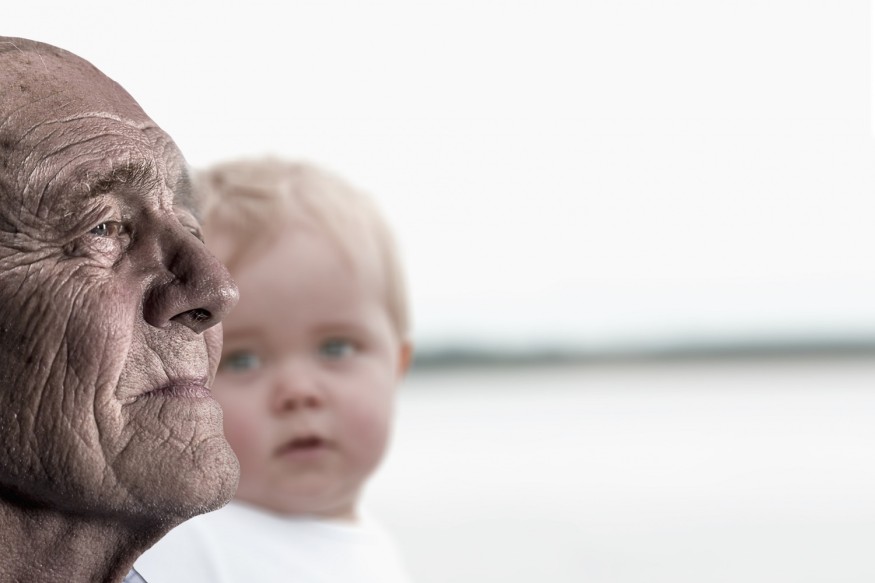
Nobody is spared from aging. Eventually, we all grow old and experience its physical effects--declining vision, muscle loss, aching joints, increased fatigue and a lot more physiological symptoms associated with getting old. But do our bodies simply wear out over the years or is it an accident?
Aging Is Just a Big Accident
Surprisingly, aging is just an accident according to evolutionary biologists and other scientists. We all just assume that getting old is the natural order of things, but as S. Jay Olshansky at the University of Illinois said, aging is just an accidental by-product as we survive beyond our biological warranty period. It exists for growth, development, and reproduction.
Judy Foreman, a writer, and health columnist said that while she was writing her book on aging and exercise, Exercise is Medicine: How Physical Activity Boosts Health and Slows Aging, she found out that humans aging is just an accident; it is explained by evolution instead.
The sure thing is, evolution does not favor long life. Rather, it favors the copious reproduction over the later life survival according to Steven Austad a bio-gerontologist at the University of Alabama and was once a lion tamer.
READ MORE : The Science Behind Aging
Olshansky also further explained that after a human's reproduction period, Mother Nature has already turned her back and people are not programmed by natural selection to get old later in life but it is because
But here we are with a growing population of old people. It might be because old animals or humans provide an evolutionary advantage to her offspring or the so-called "grandmother effect". It is the reproductive act of taking care of the offspring or specifically their grandchild. This shows that having old people around can have some benefits.
The Mystery of Aging
In her book Exercise is Medicine, Judy Foreman emphasized exercise as the solution for us to boost our chances of living a longer life. But more than that, our genes and environment also play a great role in determining longevity.
A person living in a hazardous environment has poor chances of long-term survival no matter their genes are. While those who are born in a safe place improves their chance of living longer.
It turns out that growing up in a safe environment can give a person a choice of postponing the age at which they reproduce. The delayed age of reproduction aids in the selection of genes that can indirectly encourage or allow for longer life.
In other words, you have probably already got good genes if you're healthy and safe enough to think about reproducing. This proved to be true especially in those safe developed countries, women are having babies later in their lives.
A few years ago, the average age for the birth of the first child ranges from 26.3 up to 24.9. But women whose biological clocks are ticking slowly are having kids beyond the age 33 and they are twice as likely to reach old age as those women who had their last child at 29.
Life expectancy at birth has been steadily rising and is projected to rise from 68.6 to 76.2 by 2050. Mostly the reason for having a long life has to do with the fact that people have made their environment safer and it is not because the aging process is now different than before.









